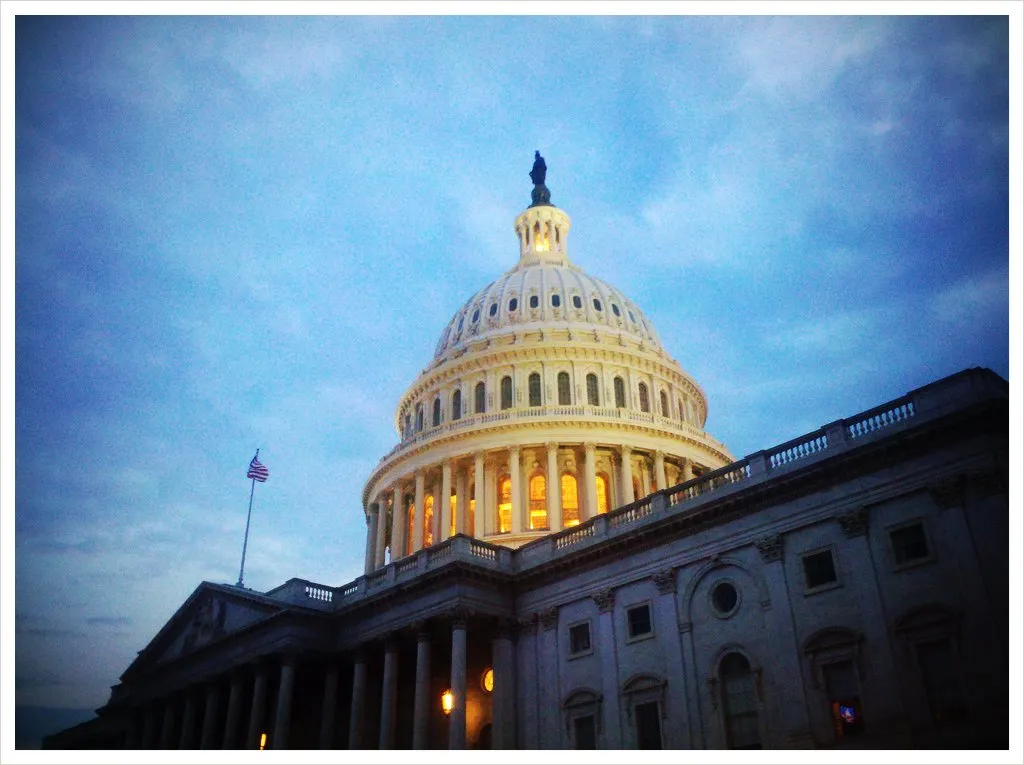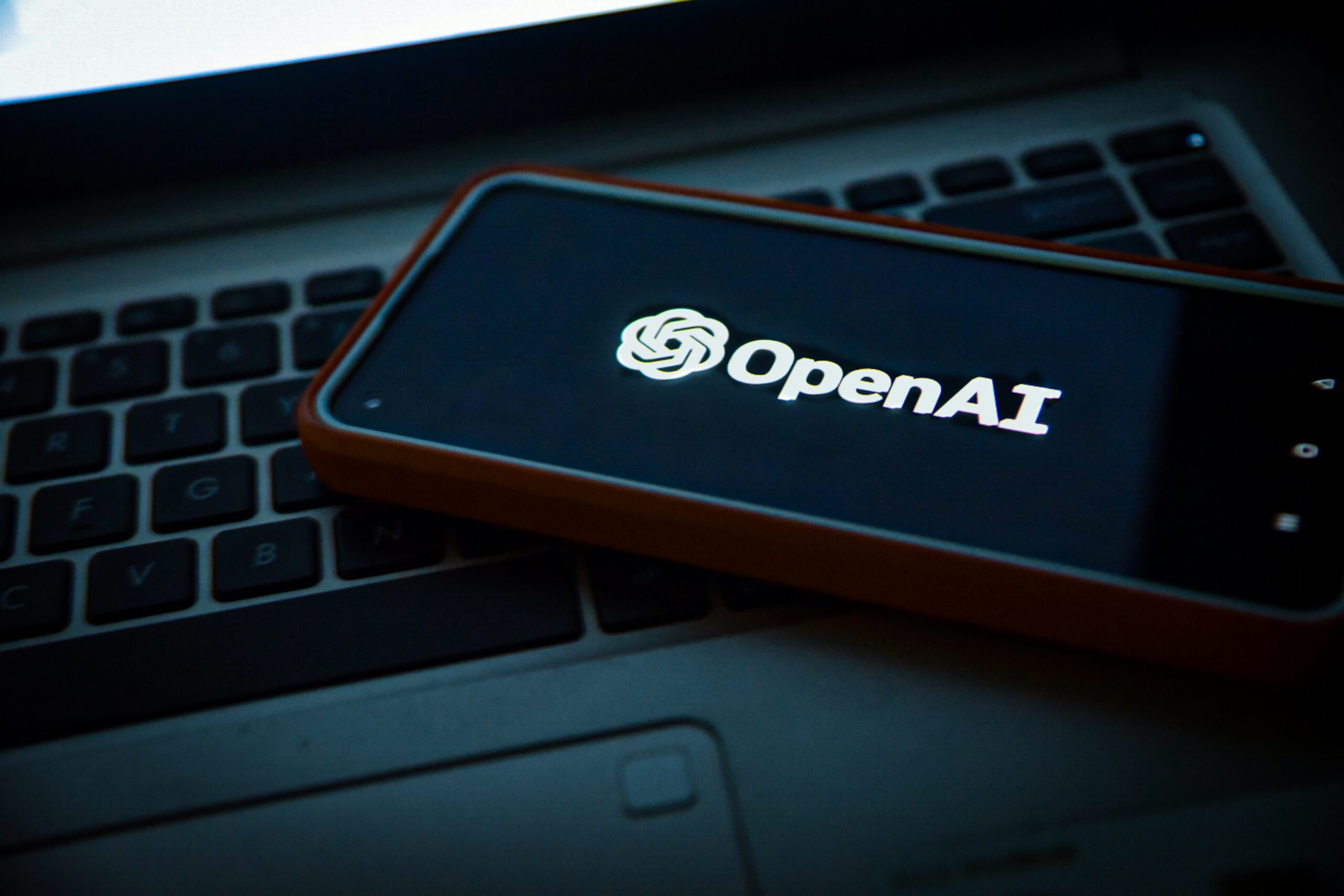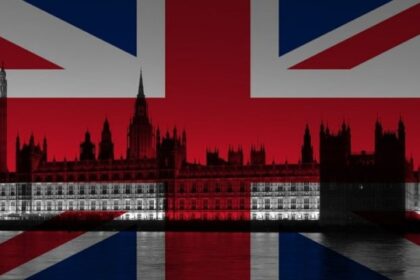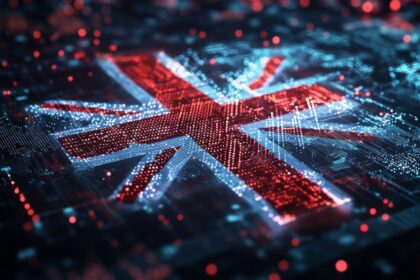A few weeks ago, President Donald Trump announced a new policy increasing the H-1B visa application fee to $10,000, a move that has sent shock waves through the tech ecosystem, which relies heavily on the visa program to recruit global talent.
In an episode of Equity, Jeremy Neufeld, Director of Immigration Policy at the Institute for Progress, shared insights into the implications of this decision. While he acknowledged that the intention behind the visa reform “makes sense,” he criticized its implementation, saying it has “left a lot to be desired.”
“Some of the proposals that they’ve ended up settling on have either loopholes or they’re prioritizing the wrong thing,” Neufeld said. “It’s going to be a big tax on us bringing in top researchers from around the world.”
The H-1B visa program, which offers 85,000 slots annually, allows U.S. companies to hire highly skilled foreign workers, particularly in tech, research, and engineering. Supporters of the fee hike argue that the increase will ensure that only the most valuable and qualified applicants apply, potentially curbing misuse of the visa system.
However, Neufeld warned that the policy could backfire, discouraging top global talent from coming to the U.S. and making it harder for startups and research institutions to fill specialized roles.
Related: Trump’s DOE Funding Cuts Threaten EV and Clean Tech Startups
He also noted loopholes in the updated rules, including those related to required wage levels, suggesting that the reform could lead to unintended consequences for both employers and workers.
“I think many people are going to be deterred from coming to the United States,” Neufeld said.
Currently, the new visa regulations are in a “notice and comment period”, allowing public feedback before final implementation. Given the widespread pushback, additional changes could follow before the H-1B lottery in the spring.
The policy shift comes amid growing global competition for tech talent, raising concerns that the U.S. could lose its edge in innovation and research if barriers to skilled immigration continue to rise.






